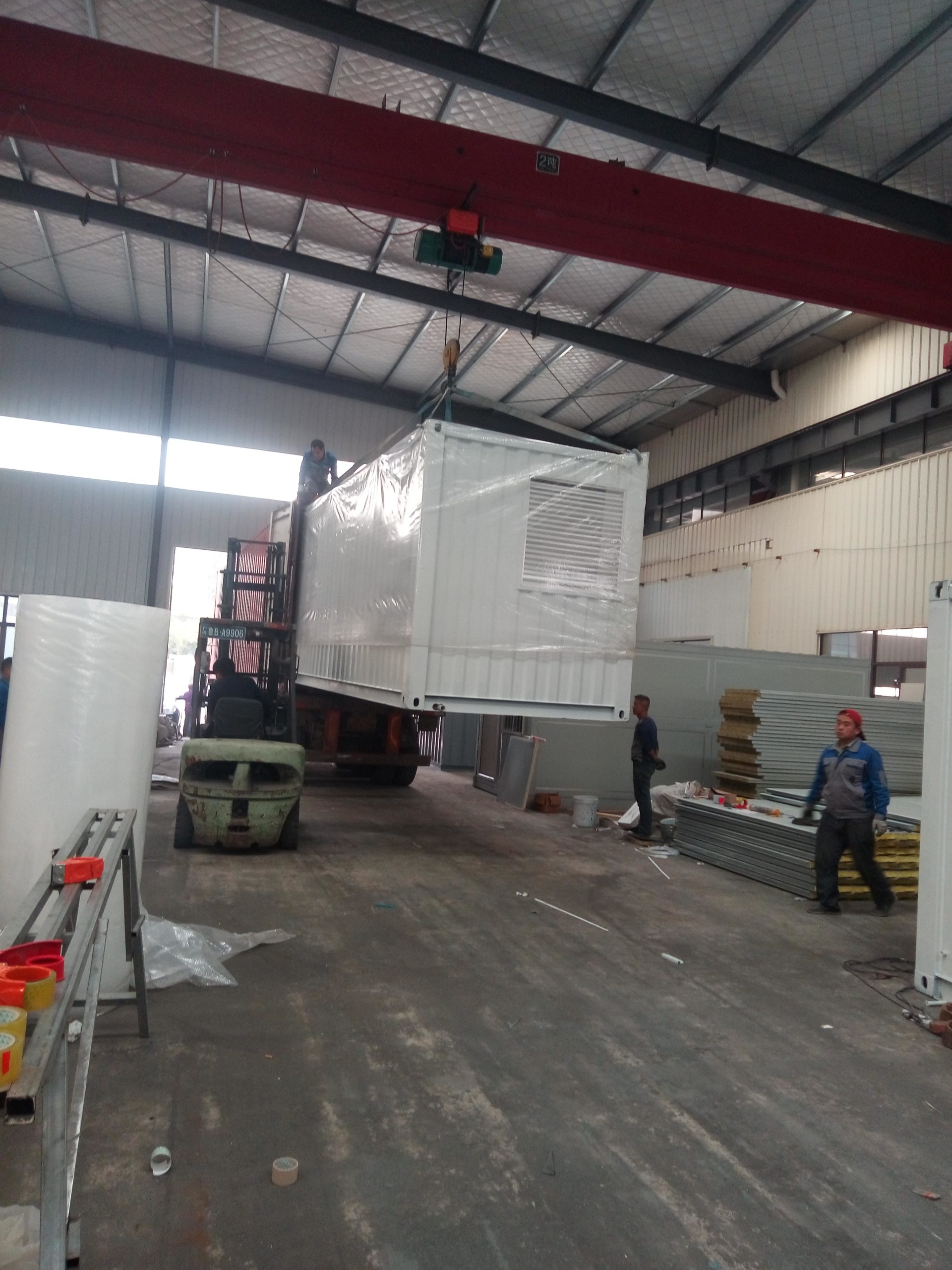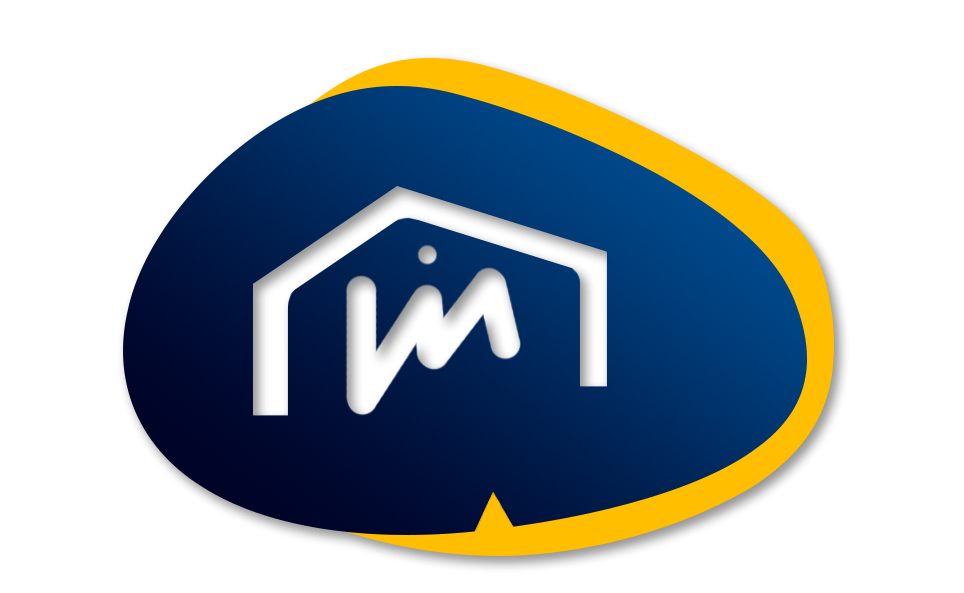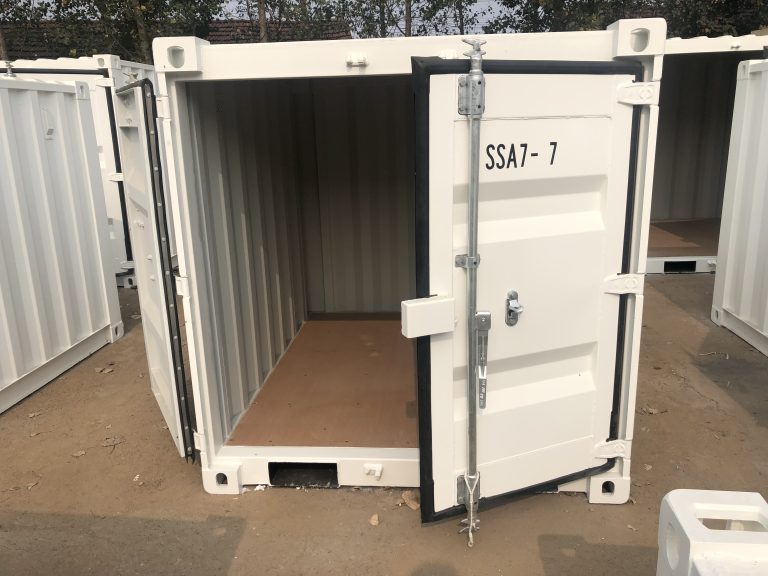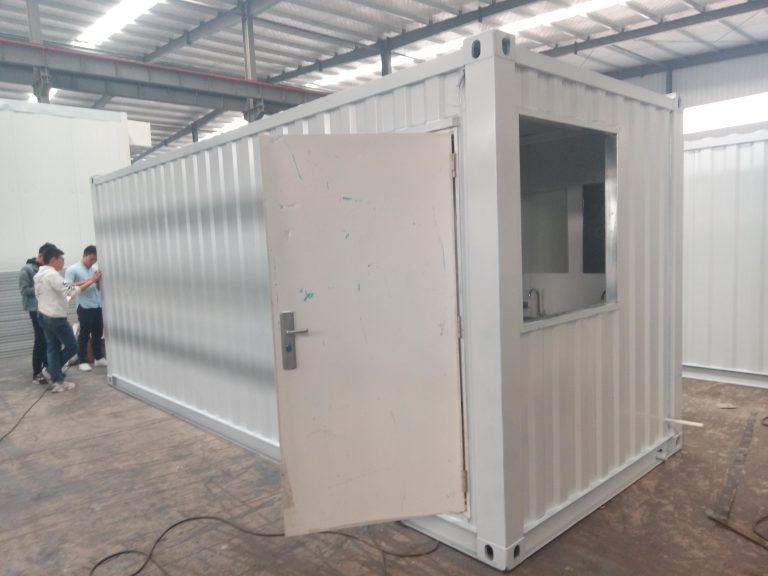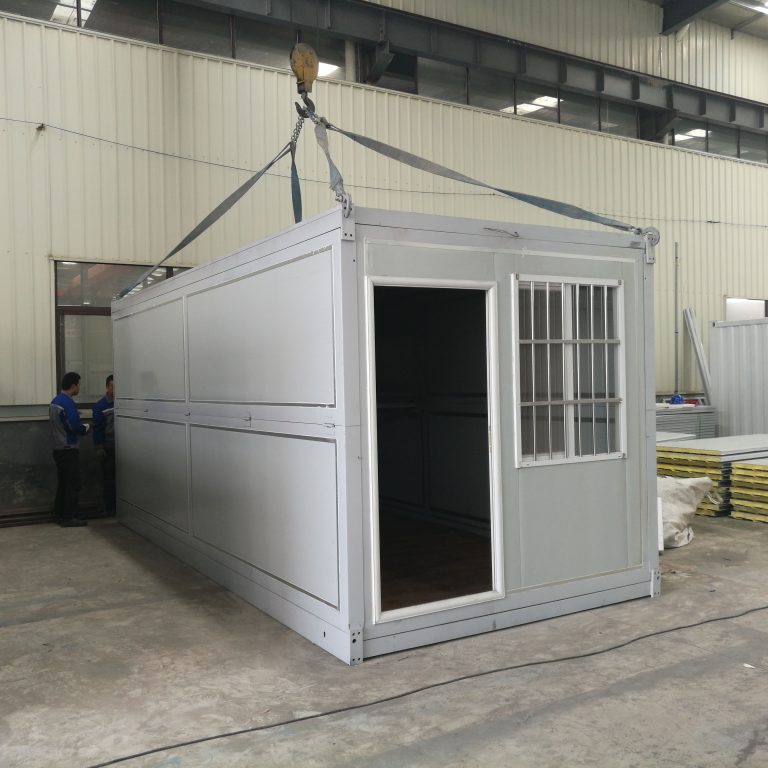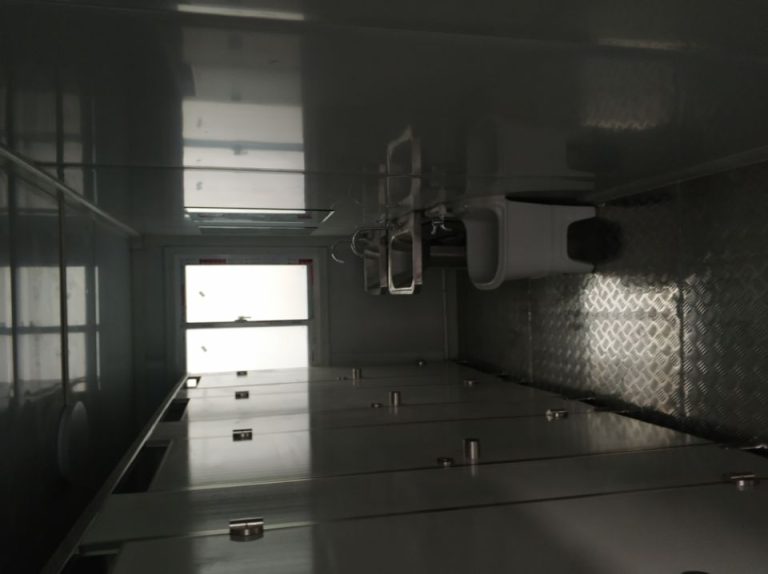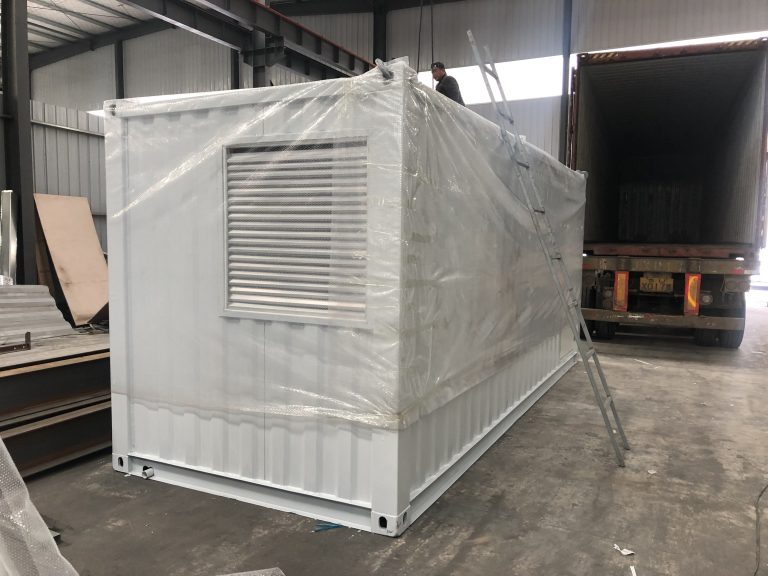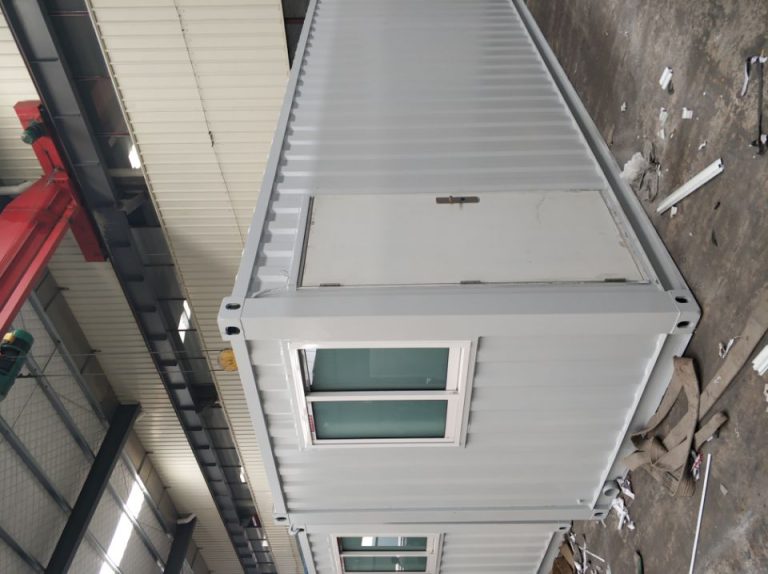Energy efficiency and green certification of box houses in residential construction
Table of Contents
Benefits of Energy Efficiency in Box Houses
Energy efficiency has become a key consideration in residential construction, as homeowners and builders alike seek to reduce energy consumption and lower utility costs. One popular trend in this regard is the construction of box houses, which are characterized by their simple, rectangular shape and minimalist design. These homes are not only aesthetically pleasing but also offer a range of benefits when it comes to energy efficiency.
One of the primary advantages of box houses is their compact design, which minimizes the amount of space that needs to be heated or cooled. This can result in significant energy savings, as less energy is required to maintain a comfortable temperature inside the home. Additionally, box houses often feature large windows that allow for ample natural light, reducing the need for artificial lighting during the day. This not only saves energy but also creates a bright and inviting living space.
Another benefit of energy efficiency in box houses is the use of high-quality insulation and energy-efficient appliances. These features help to keep the home at a consistent temperature and reduce the amount of energy needed to heat or cool the space. In addition, energy-efficient appliances consume less electricity, further lowering utility costs for homeowners. By incorporating these elements into the design of a box house, builders can create a more sustainable and environmentally friendly living space.
In recent years, green certification programs have become increasingly popular in the construction industry, as they provide a way for builders to demonstrate their commitment to sustainability and energy efficiency. Box houses that meet the criteria for green certification can receive a variety of benefits, including tax incentives, rebates, and recognition for their environmentally friendly design. By pursuing green certification, builders can attract environmentally conscious buyers and differentiate their homes in a competitive market.
Furthermore, energy-efficient box houses can have a positive impact on the environment by reducing greenhouse gas emissions and lowering overall energy consumption. By using less energy to heat and cool the home, homeowners can decrease their carbon footprint and contribute to a more sustainable future. This not only benefits the environment but also helps to create a healthier and more livable community for all residents.
In conclusion, energy efficiency plays a crucial role in the design and construction of box houses, offering a range of benefits for homeowners, builders, and the environment. By incorporating energy-efficient features such as high-quality insulation, natural lighting, and energy-efficient appliances, builders can create sustainable and environmentally friendly homes that are both cost-effective and aesthetically pleasing. Green certification programs provide a way for builders to showcase their commitment to sustainability and attract environmentally conscious buyers. Overall, energy efficiency in box houses is a win-win for everyone involved, offering a more comfortable, affordable, and environmentally friendly living space for homeowners.
How Green Certification Can Improve the Sustainability of Residential Construction
Energy efficiency and sustainability have become increasingly important considerations in residential construction. As the world grapples with the effects of climate change, there is a growing awareness of the need to reduce our carbon footprint and minimize our impact on the environment. One way to achieve this is through the use of green certification programs, which can help ensure that homes are built in an environmentally responsible manner.
Green certification programs evaluate a variety of factors related to the construction and operation of a home, including energy efficiency, water conservation, indoor air quality, and the use of sustainable materials. By meeting certain criteria, homes can earn a green certification, which serves as a stamp of approval that they are environmentally friendly and sustainable.
One type of home that can benefit greatly from green certification is the box house. Box houses are a popular choice in residential construction due to their simple and efficient design. These homes are typically rectangular in shape, with a flat roof and minimal exterior ornamentation. While box houses are known for their affordability and ease of construction, they can also be highly energy efficient when built with sustainability in mind.
One of the key ways that green certification can improve the sustainability of box houses is through the use of energy-efficient building materials and techniques. By incorporating features such as high-performance windows, insulation, and HVAC systems, box houses can significantly reduce their energy consumption and lower their carbon emissions. Green certification programs often require homes to meet certain energy efficiency standards, which can help ensure that box houses are built to be as environmentally friendly as possible.
In addition to energy efficiency, green certification programs also focus on water conservation and indoor air quality. Box houses can be designed to minimize water usage through the use of low-flow fixtures and drought-tolerant landscaping. By incorporating features such as proper ventilation and non-toxic building materials, box houses can also promote a healthy indoor environment for residents. Green certification programs evaluate these factors to ensure that homes are built with the health and well-being of occupants in mind.
Furthermore, green certification can also encourage the use of sustainable materials in the construction of box houses. By choosing materials that are renewable, recycled, or locally sourced, builders can reduce the environmental impact of the home and support the growth of sustainable industries. Green certification programs often require homes to meet certain criteria for the use of sustainable materials, which can help ensure that box houses are built with a focus on long-term environmental sustainability.
Overall, green certification can play a crucial role in improving the sustainability of box houses in residential construction. By focusing on energy efficiency, water conservation, indoor air quality, and the use of sustainable materials, green certification programs can help ensure that homes are built in an environmentally responsible manner. As the demand for sustainable housing continues to grow, green certification will become increasingly important in the construction industry, driving the adoption of environmentally friendly practices and technologies. By embracing green certification, builders can help create a more sustainable future for residential construction and contribute to the fight against climate change.
